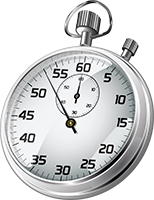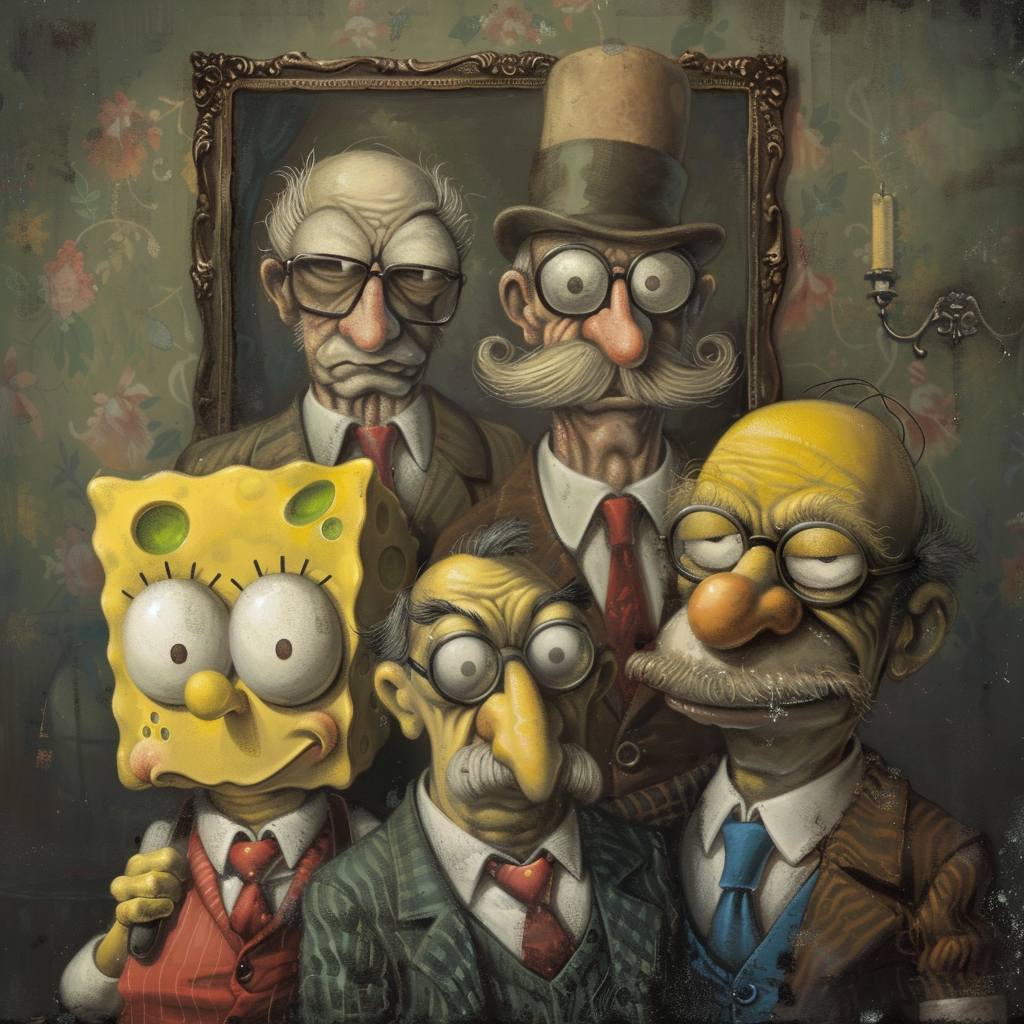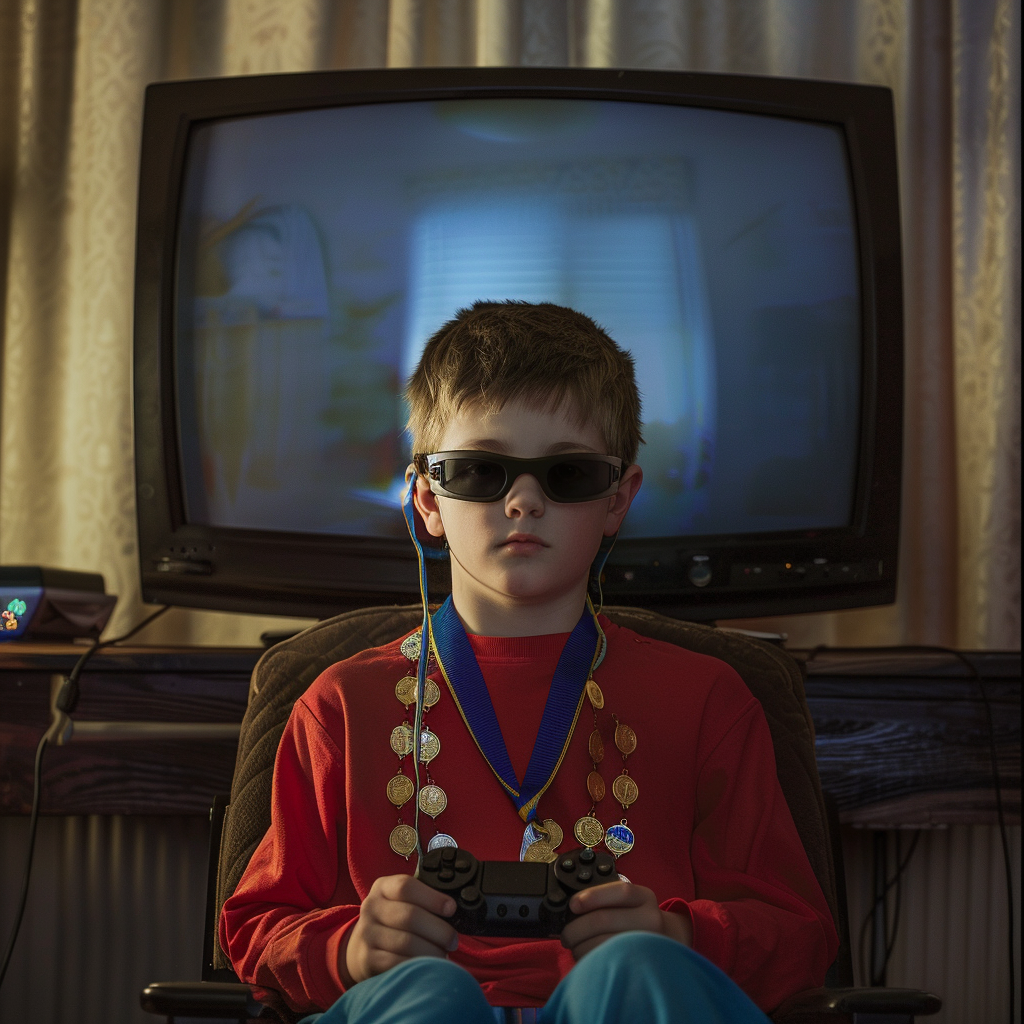
Hey Google, set a timer for 20 minutes. It is a race against the clock now. I am going to finish this blog in 20 minutes. Here I go.
Here is a fact. We all have attention deficit challenges. Some more than others, true, but the average human can only focus (effectively) on a task for about 20 minutes. After that bad things start to happen. You need breaks. You need to let your brain wander for a while, you need to be calm and go into do nothing mode for a few minutes. When you are in that mode, your brain is actually very busy and processing things. This is when you think of great things, consider what others might be feeling, think outside of the box. If you do not let this occur, then you start to lose control. Your are more prone to impulses, you will tend to slow down and become non-productive. You will make bad decisions and start to act irrationally.
Scientific evidence, I am reading a few journals on this topic right now, has consistently shown that people are more effective when their tasks are broken down into 20 minute intervals. This is the duration that consistently proves the best results. Now some have been able to improve upon that, but they do so in ways that you would not consider as causal. For example, taking pauses to do some brief mindfulness type meditation has demonstrated an ability to help people focus longer and more effectively than others. Staying physically active, while you perform the task, has also proven to help lengthen the time. I think that one of the reasons that this COVID shutdown has been so overwhelming is because I find myself sitting at my desk working for greater lengths of time and that is causing me to have struggles with focusing. This in return stresses me out and causes me to do impulsive things after I am done. Like eat chocolate and binge watching netflix.
People are amazed at Grand Master level chess players ability to calculate ahead to win a game of chess. However, that is not the most amazing part. Most competitive over the board chess games last a quite a long time, sometimes over 4 hours. To win a game of chess at a high competitive level, you have to have an intense focus for a long period of time. The awesome chess players have learned this 20 minute rule. So here are some of the things that I have seen them do. While the opponents turn is happening, they are not thinking about their next move. In fact they are walking around, starting at the ceiling, flipping a pencil in their hands, drinking some high sugar drink like orange juice. They almost all stand up and move around a bit. One of the grand-masters that I know well told me, I push away from the board and walk around. I try not to think about the current problem on the board at all. I just let my brain wander, almost always after a few minutes of that, bam, an idea will pop into my head. I will go back to the board and sure enough, I see a new path that I can take. It is moments like that where I win the game (paraphrasing).
Friday night this happened to me. I was pouring my effort into a few things at work and I did not have a lot of time for any breaks. I would jump on a call and then back to concentrated focus with little time in between. My daughter begged me to go running with her after work. I was not in the mood for that at all. However, who can deny a 10 year old girl who has her running shoes on and armed with the ultimate parent guilt phrase of, “you promised.” So we went running around the block, I was not thinking of anything. Mainly just listening to my daughter ramble on about things that were random in her mind. When all of a sudden, bam, and idea popped into my head. Something that I had not considered before. The idea was intriguing and probably something I should definitely do. I would not have considered that idea, had I not been outside and moving around with a blank mind for a few minutes.
So, I have decided this week that I am not going to fight it any more. 20 minute intervals. I will use this Google device for something useful, set a timer, build a routine that shuts my lights down as well. My office will basically tell me, time is up, over now. Transition to a do nothing state for a few minutes. I will then take a few minutes to actually do nothing, or something completely mindful that focuses on what is rather than what I want it to be or what it could have been.
Guy Reams




Good idea! I think I’ll try this.
Darla Becker
(From Network classes with in as instructor, at MSJC)